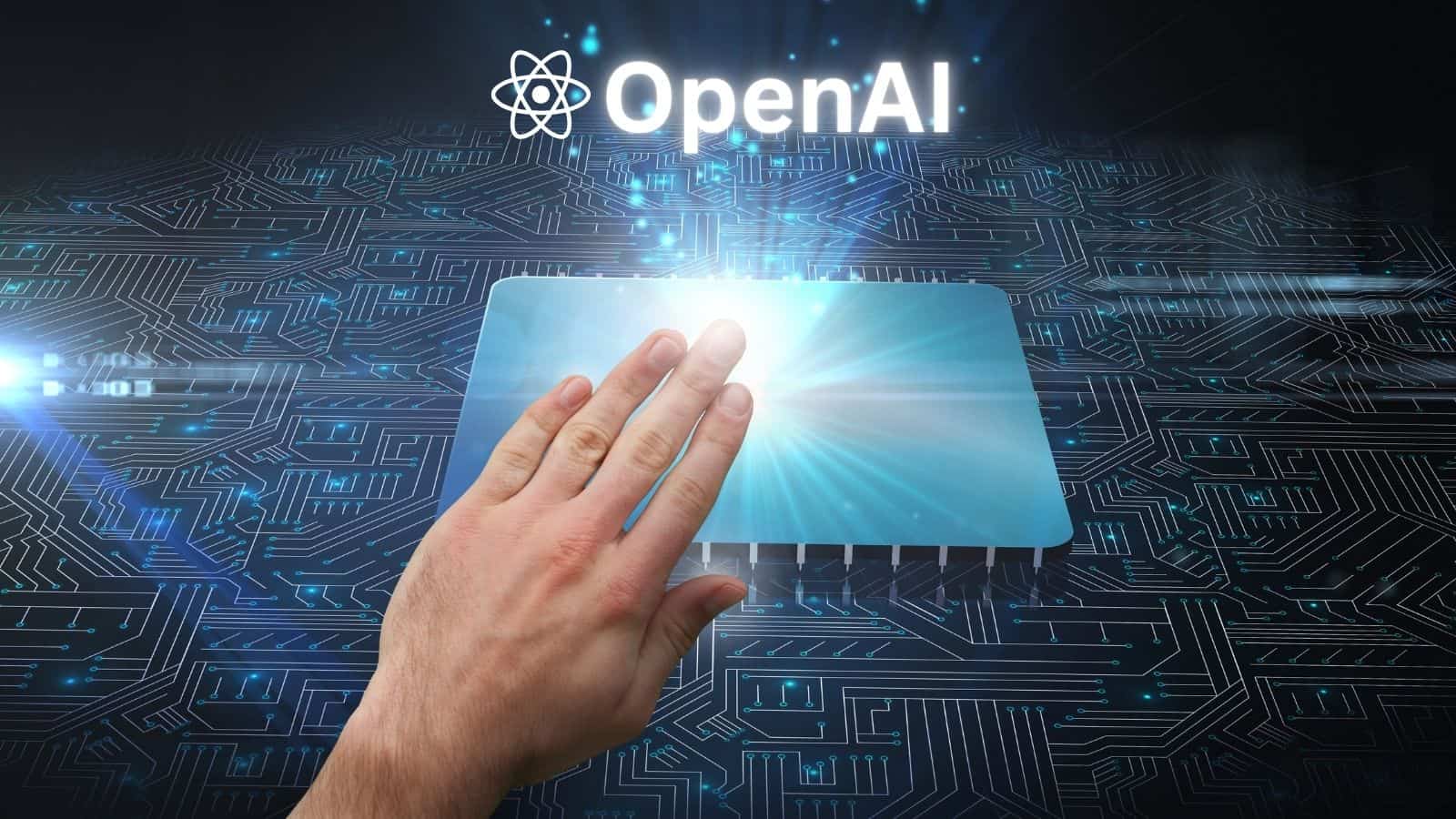In a groundbreaking development that promises to reshape the landscape of artificial intelligence, OpenAI has officially announced the release of its latest model, boasting enhanced reasoning capabilities. This innovation, revealed by CEO Sam Altman, marks a significant milestone in the evolution of AI, pushing the boundaries of what these systems can achieve in understanding and processing information.
The new model, designed to tackle complex reasoning tasks, aims to bridge the gap between human-like understanding and computational efficiency. Unlike its predecessors, which excelled primarily in generating text based on patterns learned from vast datasets, this model incorporates a more sophisticated approach to logic and inference. This advancement is expected to elevate applications in various sectors, from education and healthcare to business and creative industries.
One of the standout features of this model is its ability to engage in multi-step reasoning. For instance, the model demonstrates a newfound capability to connect the dots when posed with intricate questions that require factual recall and the synthesis of information from multiple sources. This enhancement allows it to provide more nuanced and contextually relevant responses, making it an invaluable tool for users seeking deeper insights.
Also Read: Kirsten Poon Shares 5 Proven Methods for Managing Complex IT Projects Successfully
The implications of this technology are far-reaching. In the realm of education, for example, students can leverage the model to enhance their learning experience. The AI can assist with complex problem-solving, guiding learners through the steps necessary to arrive at solutions. This interactive approach not only fosters a better understanding of the subject matter but also encourages critical thinking—skills that are increasingly essential in today’s fast-paced world.
In healthcare, the model’s reasoning capabilities could revolutionize patient care. By analyzing symptoms, medical histories, and research data, can assist healthcare professionals in diagnosing conditions more accurately. This could lead to quicker, more informed decision-making, ultimately improving patient outcomes.
Moreover, businesses stand to gain significantly from this advancement. The model can analyze market trends, consumer behavior, and operational data, providing companies with actionable insights that drive strategic decisions. In a competitive landscape where data-driven choices are paramount, this AI tool could be a game-changer for organizations looking to innovate and stay ahead.
However, with great power comes great responsibility. OpenAI has emphasized its commitment to ethical AI deployment, ensuring that this technology is used for the benefit of society. The organization is actively engaging with stakeholders to address potential risks, including bias in AI responses and the misuse of technology. As the capabilities of AI expand, so too does the importance of maintaining a dialogue around its ethical implications.
As users begin to interact with this new model, the feedback loop will be crucial for its continued improvement. OpenAI encourages users to share their experiences, which will help refine the model further and ensure it meets the diverse needs of its audience.
In conclusion, OpenAI’s latest model represents a significant leap forward in AI technology, particularly in its ability to perform complex reasoning tasks. As we stand on the brink of a new era in artificial intelligence, the potential applications are vast and varied. From enhancing educational outcomes to transforming healthcare and business practices, this innovation is set to make a profound impact. As we embrace this technology, it is essential to remain vigilant about its ethical use, ensuring that it serves as a force for good in our society.











